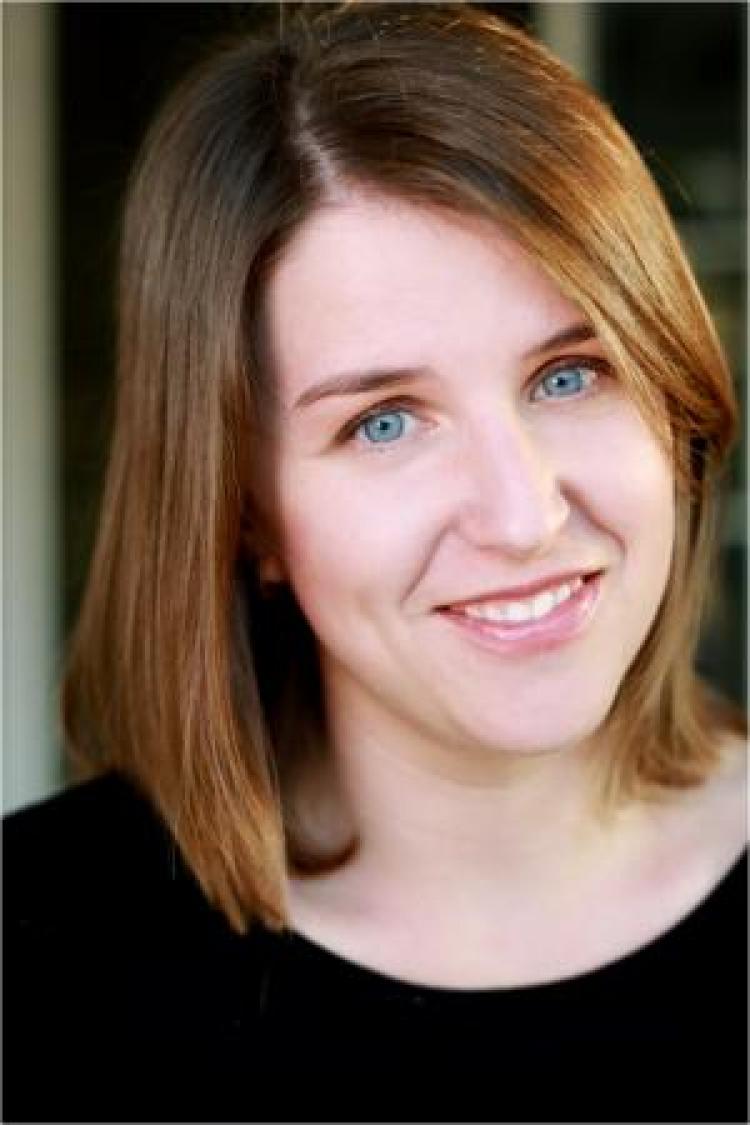CU Boulder chemist named Mercator Fellow
A CU Boulder chemist is one of this year’s Mercator fellowship recipients for her work with electrochemical synthesis
A CU Boulder professor is one of the newest recipients of the prestigious Mercator fellowship.
Oana Luca, an assistant professor in chemistry at the University of Colorado Boulder, is one of this year’s recipients of a Mercator fellowship from the German Research Foundation for her work combining electrochemical synthesis—or the use of electrical energy to drive chemical change—and chemical reactors.
The fellowship will allow Luca not just to work at the Karlsruhe Institute of Technology (KIT), one of the leading universities for engineering and natural sciences in Europe, but also to take her research in a relatively new and innovative direction—one that aims to solve large-scale problems in chemistry with the help of engineering.

Oana Luca is one of this year's winners of the prestigious Mercator Fellowship from the German Research Foundation. (Photograph courtesy of Oana Luca).
“For a person at the start of their career, this type of support serves as a springboard into new research directions and will likely be a catalyst for new ideas and perspectives,” said Luca.
Luca started her career at CU Boulder zapping the heavy metals from drug production. She has since moved on to applying what she’s learned in electrochemical and photochemical synthesis (the use of light energy to drive chemical change) to research how best to break down polymer waste products (plastics) and convert them to building materials and fuel.
What she found, though, is that to do that and get the necessary chemical transformations, synthetic tricks are needed—tricks that become easier and quicker with the help of “ingenious” reactors, which are specially-designed vessels where chemical reactions can take place.
And then came the Mercator fellowship.
The Mercator fellowship, awarded by the Deutsche Forschungsgemeinschaft or the German Research Foundation (similar to the United States' National Science Foundation), funds researchers to partner with German institutions to do intensive, long-term research by providing a salary and support for travel and accommodation for two months each year for the next three years.
Luca hopes she’ll be able to use this fellowship not only to study reactor design and test reactors, but also to look at new ways she can employ reactors in electrochemical and photochemical synthesis.
This research will apply to far-ranging fields like water purification, the creation of pharmaceutical compounds and the chemical recycling of polymers and other wastes.
“It’s a logistical challenge of very interesting proportions on a variety of levels from personal to academic, but I think it’s going to be an extraordinary learning experience,” said Luca.

